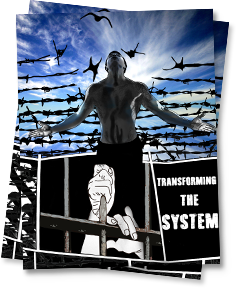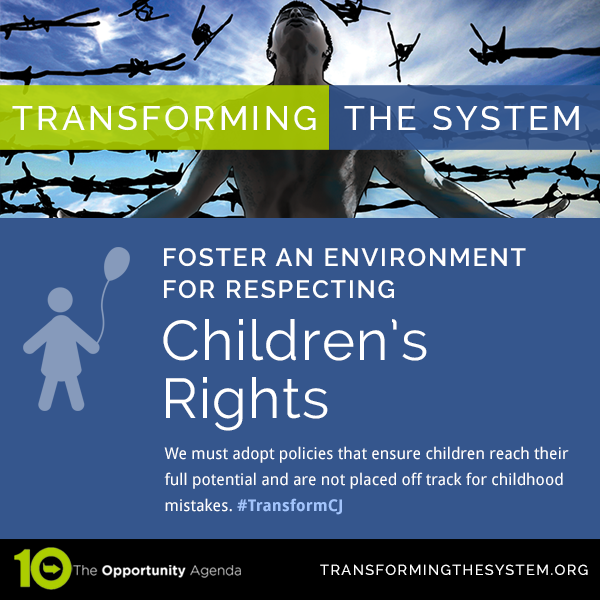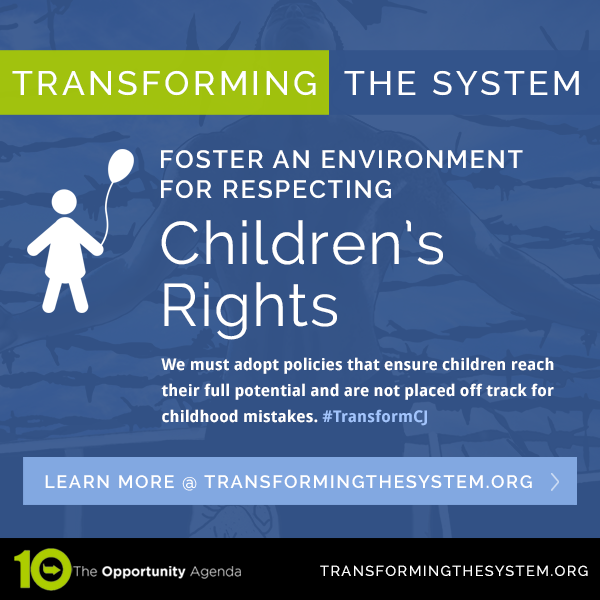Preventing the overcriminalization of schoolchildren
The tendency for overcriminalization has entered into schools. Many schoolchildren have been funneled into the criminal justice system due to overly punitive school disciplinary approaches and zero tolerance policies. There has been a trend of criminalizing schoolchildren for minor acts of misconduct. For example, a Florida 5-year-old was handcuffed and charged with battery on a police in 2012, while a San Mateo 7-year-old special education student was sprayed with pepper spray for climbing on furniture while at school in 2011. New York City, Houston, and Miami all employ more school police officers than they do school counselors. Many advocates have been working against this trend, which has been described as the school-to-prison pipeline.
There should be a concerted effort to replace these policies, which inappropriately channel large numbers of young people into the criminal justice system. The substantial investment in school policing should be replaced by culture and discipline strategies, such as restorative justice, that have been proven effective at keeping young people in school and keeping schools safe as well as an increase in social services, school counselors, and school activities that enrich the academic environment in our nation’s schools.
The Department of Justice should:
- Eliminate the funding of police officers in schools and invest in school-wide restorative justice program to improve school safety;
- Require that police officers deployed in schools enter a memorandum of understanding with the school district outlining the nature of school policing; and
- Require that school resource officers deployed pursuant to federal funding be trained to respect students’ constitutional and other rights.
Local government and school administrations should require the following:
- Adoption of policies that prioritize education over penalization, facilitating the repeal of overly punitive school discipline policies that push schoolchildren into the criminal justice system;
- Elimination of “zero tolerance” policies, which reflect “a philosophy or policy that mandates the application of predetermined consequences, most often severe and punitive in nature, that are intended to be applied regardless of the gravity of behavior, mitigating circumstances, or situational context in schools;”
- Referrals to law enforcement should be viewed as a last resort and used only when needed to ensure public safety;
- Maintenance by schools of publicly-available data on student disciplinary measures and referrals to law enforcement agencies, disaggregated by students’ race, gender, sexuality, nationality, and eligibility for free or reduced lunch; and
- Implementation of restorative justice practices by school districts to eliminate harsh disciplinary procedures and avoid criminalization in the classroom.




